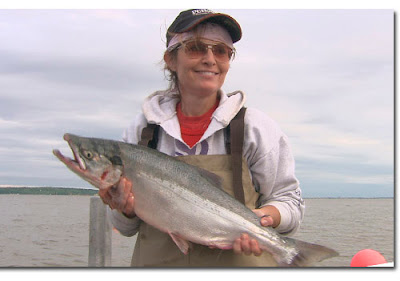Byron asked me if my views on Palin had evolved in the last couple of weeks. Short answer is ‘not a lot’, although what I’ve read about the Couric interview (which isn’t a lot, and I didn’t watch it) has led to some self-questioning.
Various thoughts:
– it seems, as with the Charlie Gibson interview, to have been a hatchet job. However, that goes with the territory and should be expected;
– she seems to have been stitched up by the campaign, in the sense that she has lost confidence, and she gives the media too much importance;
– relying on folksy comments in a set-piece media interview is an error of judgement;
– if Palin had come out with a comment like Biden’s on Roosevelt then she would have been crucified – but this isn’t to defend Palin, it’s simply to point out that Biden is a moron bit of a buffoon;
– the job of a politician is not to know the facts but to exercise judgement upon facts, and then to make decisions. Obviously there are limits to this – a certain amount of general knowledge about the world is essential, along with a basic analytical capacity, which Palin undoubtedly possesses – but politicians in an advanced democracy are functionally dependent upon civil servants to provide information, and those civil servants will – with extremely rare exceptions – know much more about the subject than the politician;
– the exercise of political judgement is the essential quality that needs to be assessed at the time of an election, and the raw material for that judgement is not the words that the politicians speak but the choices that the politicians have made in their previous positions of responsibility;
– which begs the question about the politicians having actually been in positions of responsibility. I maintain the view that Palin beats Obama hands down in this respect – that is, she actually has a record that is worth investigating, with real decisions made (for better or for worse). What has Obama ever done? When has he ever gone out on a limb for something that he believed in?
– a large part of assessing the candidates is about ‘smell’, by which I mean a non-rational, ‘blink’ type assessment about how far any candidate shares values with the person making the assessment; this, in turn, is essentially answering the question ‘will this candidate advance my values in office?’ – so on that count, I am undoubtedly still a Palin fan;
– barring an ‘October surprise’ I’m now, contrary to my earlier post, expecting an Obama win, which I’m seeing as a poisoned chalice.
I have great feelings of nervousness with respect to the forthcoming debate. I hope she has a storming, break-out performance; I worry that the opposite will happen.




